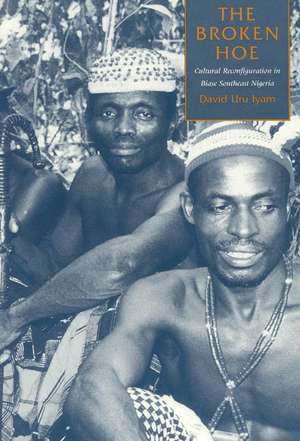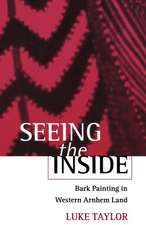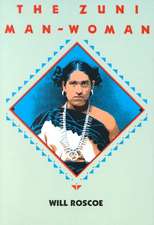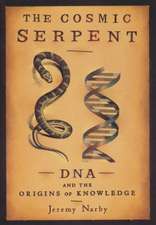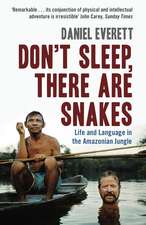The Broken Hoe: Cultural Reconfiguration in Biase Southeast Nigeria
Autor David Uru Iyamen Limba Engleză Paperback – 12 iul 1995
In this study of the Biase, a small ethnic group living in Nigeria's Cross River State, David Uru Iyam attempts to resolve a long-standing controversy among development theorists: must Third World peoples adopt Western attitudes, practices, and technologies to improve their standard of living or are indigenous beliefs, technologies, and strategies better suited to local conditions?
The Biase today face social and economic pressures that seriously strain their ability to cope with the realities of modern Nigeria. Iyam, an anthropologist and a Biase, examines the relationship between culture and development as played out in projects in local communities.
Western technologies and beliefs alone cannot ensure economic growth and modernization, Iyam shows, and should not necessarily be imposed on poor rural groups who may not be prepared to incorporate them; neither, however, is it possible to recover indigenous coping strategies given the complexities of the postcolonial world. A successful development strategy, Iyam argues, needs to strengthen local managerial capacity, and he offers suggestions as to how this can be done in a range of cultural and social settings.
The Biase today face social and economic pressures that seriously strain their ability to cope with the realities of modern Nigeria. Iyam, an anthropologist and a Biase, examines the relationship between culture and development as played out in projects in local communities.
Western technologies and beliefs alone cannot ensure economic growth and modernization, Iyam shows, and should not necessarily be imposed on poor rural groups who may not be prepared to incorporate them; neither, however, is it possible to recover indigenous coping strategies given the complexities of the postcolonial world. A successful development strategy, Iyam argues, needs to strengthen local managerial capacity, and he offers suggestions as to how this can be done in a range of cultural and social settings.
Preț: 315.97 lei
Nou
Puncte Express: 474
Preț estimativ în valută:
60.47€ • 62.90$ • 49.92£
60.47€ • 62.90$ • 49.92£
Carte tipărită la comandă
Livrare economică 12-26 aprilie
Preluare comenzi: 021 569.72.76
Specificații
ISBN-13: 9780226388496
ISBN-10: 0226388492
Pagini: 248
Ilustrații: 28 halftones, 7 line drawings, 11 tables
Dimensiuni: 152 x 229 x 23 mm
Greutate: 0.37 kg
Ediția:1
Editura: University of Chicago Press
Colecția University of Chicago Press
ISBN-10: 0226388492
Pagini: 248
Ilustrații: 28 halftones, 7 line drawings, 11 tables
Dimensiuni: 152 x 229 x 23 mm
Greutate: 0.37 kg
Ediția:1
Editura: University of Chicago Press
Colecția University of Chicago Press
Cuprins
List of Illustrations
Preface
1: Issues in Rural Development
2: The Biase of Southeastern Nigeria
3: Use of Environmental Resources
4: Managing the Environment
5: The Economy
6: Biase Social Organization and the Reconstruction of Gender Roles
7: Rural Politics in a State Polity
8: Ideology
9: Implications for Anthropology
Glossary of Agwagune Words
References
Index
Preface
1: Issues in Rural Development
2: The Biase of Southeastern Nigeria
3: Use of Environmental Resources
4: Managing the Environment
5: The Economy
6: Biase Social Organization and the Reconstruction of Gender Roles
7: Rural Politics in a State Polity
8: Ideology
9: Implications for Anthropology
Glossary of Agwagune Words
References
Index
